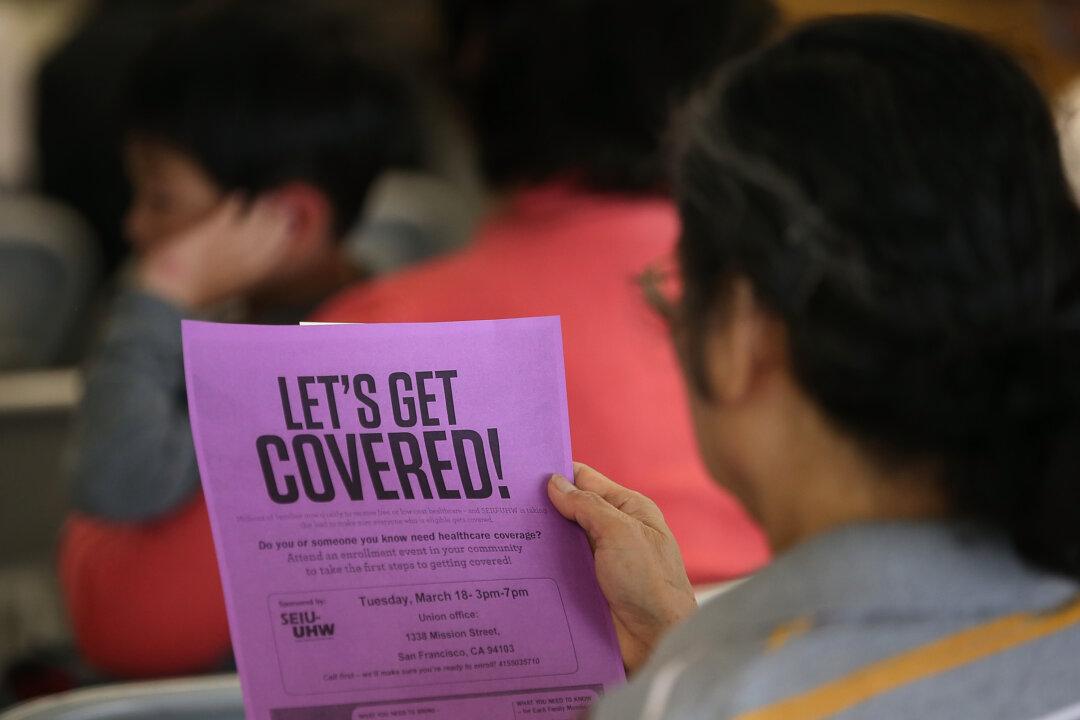A bill seeking to provide illegal immigrants with free or low-cost health care was reintroduced by California Democratic state lawmakers on Dec. 3, marking another attempt to make California the first state in the United States to let people enroll in Medicaid regardless of their immigration status.
Assembly Bill 4 (AB 4), introduced by assembly member Joaquin Arambula (D-Fresno), Rob Bonta (D-Oakland), and David Chiu (D-San Francisco), would make the full benefits of the California Medical Assistance Program (Medi-Cal) available to all low-income earners who many not be in the country legally.




